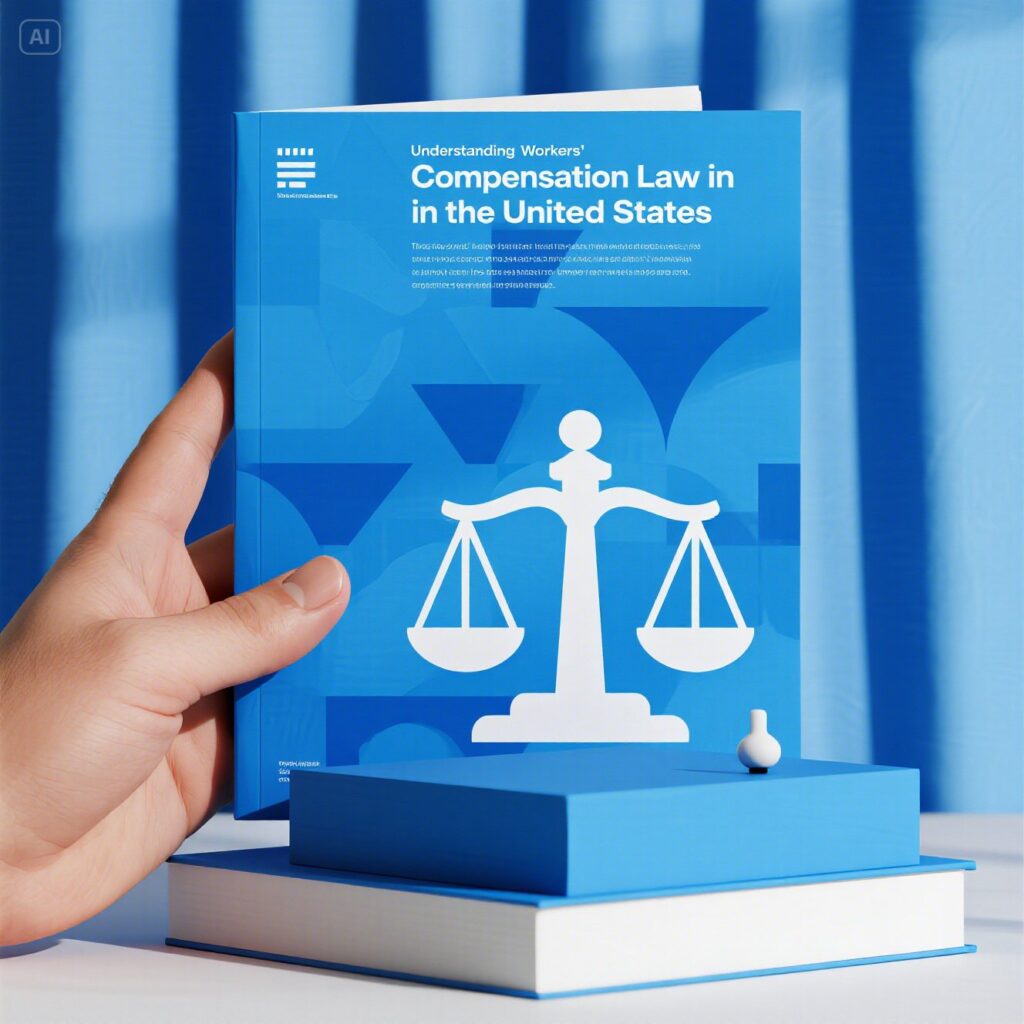Workers’ compensation is a form of insurance that provides wage replacement and medical benefits to employees injured on the job. In the United States, this system protects both workers and employers by offering a structured way to resolve workplace injury claims. This article provides an overview of how workers’ compensation law functions in 2025.

What is Workers’ Compensation?
Workers’ compensation is a no-fault insurance program that covers medical expenses, lost wages, and rehabilitation costs for employees injured while performing job-related duties. In exchange, employees typically waive the right to sue their employer for negligence.
Who Is Covered Under Workers’ Compensation?
Most full-time, part-time, and even seasonal employees are covered. However, independent contractors, freelancers, and certain agricultural or domestic workers may be excluded in some states.
Common Types of Workers’ Compensation Claims
• Slip-and-fall accidents at the workplace
• Repetitive stress injuries like carpal tunnel syndrome
• Machinery-related injuries
• Occupational illnesses such as hearing loss or respiratory issues
• Injuries sustained while traveling for work (with some exceptions)
What Benefits Are Provided?
• Medical care for the injury or illness
• Temporary or permanent disability benefits
• Rehabilitation services
• Death benefits to dependents in the event of a fatality
How to File a Workers’ Compensation Claim
1. Notify your employer immediately after the injury.
2. Seek medical treatment and follow the prescribed care plan.
3. Complete the necessary claim forms as required by your state.
4. Cooperate with the employer’s insurance carrier for any follow-up inquiries.
5. Keep records of all documents and communication.
Disputes and Appeals
If a claim is denied, workers have the right to appeal the decision. This usually involves an administrative hearing or mediation, and in some cases, legal representation is necessary.
Conclusion
Workers’ compensation law plays a vital role in protecting American workers and businesses. Understanding your rights and responsibilities ensures you receive the support you deserve in the event of a workplace injury.
